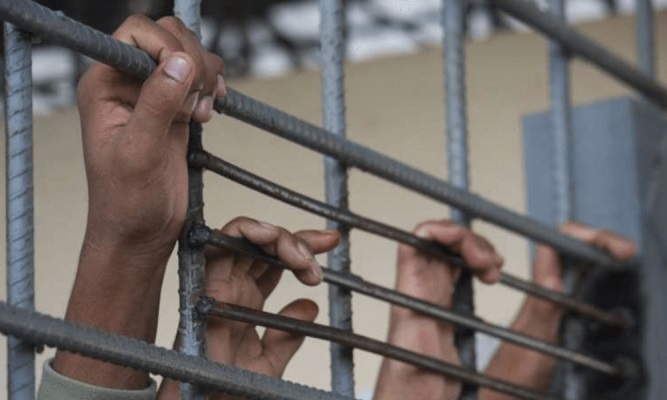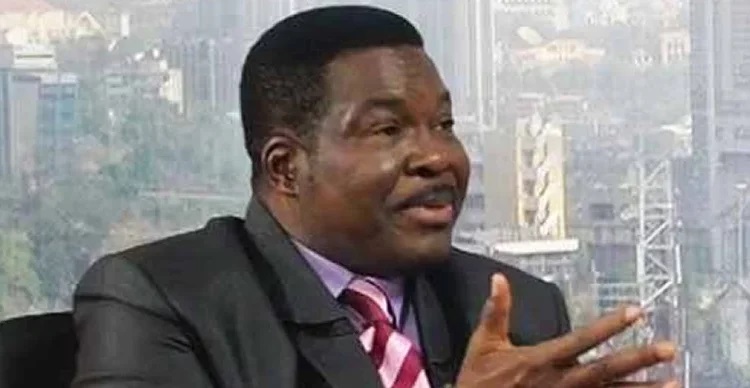Christian Tshimbalanga Mwata, an international HIV and human rights consultant, has raised concerns over the deplorable conditions of prisons across several West African countries.
Mwata said this on Tuesday in Lagos during a Media and Civil Society Organisation training session organised under the Breaking Down Barriers initiative by the Thomson Reuters Foundation.
He said that the neglect of inmates’ health, particularly those living with HIV, poses a serious public health risk.
He described the denial of healthcare services in prisons as a violation of both national constitutions and international legal standards ratified by many countries.
“When someone is imprisoned, the only right they lose is the freedom of movement.
“But in many prisons, inmates are denied access to basic health services, including life-saving antiretroviral treatment.
“This is not only inhumane but also dangerous to public health,” he said.
He said that prison conditions in some countries were so poor that detaining someone with HIV is equivalent to a death sentence.
According to him, the lack of access to treatment and poor hygiene creates an environment that accelerates the transmission of infectious diseases among inmates.
He also highlighted the double stigma faced by women living with HIV, who are often accused of bringing the virus into their families and abandoned or punished socially.
“Women suffer double condemnation, first from societal stigma due to their gender and then from health-related discrimination. We must prioritise gender-sensitive approaches in our responses,” he said.
He called for urgent legal reforms to remove unconstitutional laws that criminalise vulnerable populations.
He also urged civil society groups and journalists to play an active role in documenting rights violations and using constitutional courts to challenge discriminatory laws.
He further stressed the importance of training law enforcement officers, particularly prison officials, on legal principles and human rights.
“Many officers do not understand the hierarchy of laws; they enforce laws that may have already been declared unconstitutional.
“This contributes to the ongoing abuse of human rights within the justice system,” he said.
He also acknowledged the efforts of the Thomas Reuters Foundation which supports programmes aimed at promoting access to justice, legal literacy, and gender-sensitive responses in HIV programming.
He called for improved partnerships between governments and civil society to ensure that no one is left behind, including prisoners and other marginalised populations.(NAN)





